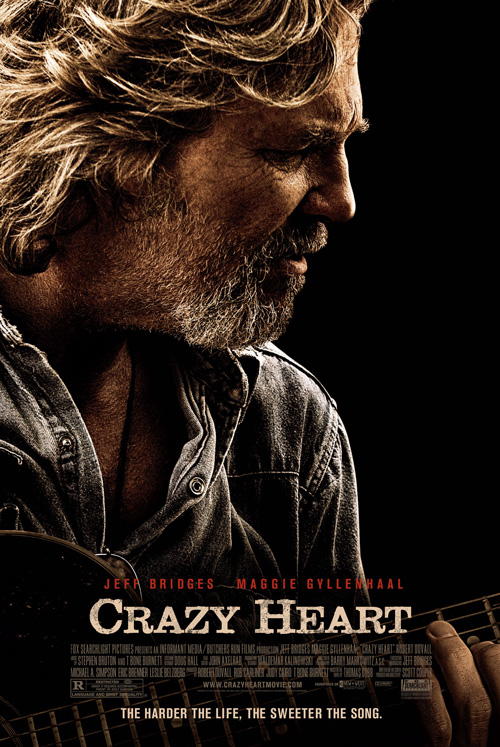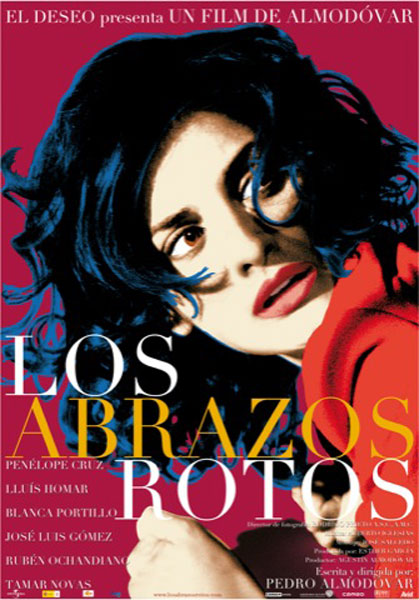Pocket Cinephile's Top Films of 2009

1. Inglourious Basterds, Quentin Tarantino, 2009.
Tarantino cements his legacy as a singular visionary with Inglourious Basterds, a masterful series of tete-a-tetes birthed of the director's own peculiar universe, wherein claustrophobic chamber dramas masquerade as populist action set pieces with the audience none the wiser.
2. Trash Humpers, Harmony Korine, 2009.
Korine's is a baldly experimental, near-confrontational, primal scream of a film. The director commits wholly to a primitivist film-as-found-object conceptualization, relentlessly suppressing the notion of artifice throughout, and, in turn, producing a highly artful and expressive work.
3. The Hurt Locker, Kathryn Bigelow, 2008.
Following in a straight line from the revelatory, war-defining combat films of Samuel Fuller, Bigelow's equally relentless and unapologetically non-contextual film seems poised to stand as the authoritative soldier's-eye-view document of contemporary, post-millennial conflict.
4. House of the Devil, Ti West, 2009.
In an era of garishly over-styled horror films, West's satanic chiller is something of a revelation. The year's most surprising film wrings its near-constant restless mood from an unsettling scenario, efficient plotting, and smart, loaded compositions.
5. Public Enemies, Michael Mann, 2009.
Mann's film is an epic hail of tommy gun fire. As with his similarly under-appreciated Miami Vice, the director's relative inattention to the execution of cops-and-robbers conventions throws into relief that this is large scale filmmaking at its most composed, controlled, and masterful.
6. La Mujer sin Cabeza (The Headless Woman), Lucrecia Martel, 2008
Over the course of three remarkable features, Lucrecia Martel has proven a master of hazy, somnambulant tones, an approach that is perfectly fitted to this elliptical pseudo-mystery. Maria Onetto is thrust into the foreground (both literally and figuratively) as the much troubled Vero, and her expressive, often expressionless, performance provides a canvas for the director's suggestion and innuendo.
7. Stellet licht (Silent Light), Carlos Reygadas, 2007
Invoking by turns Malick's painterly compositions, Bergman's stark solemnity, and Dumont's agrarian primitivism, Reygadas' metaphysical domestic tale is a striking, singular, and difficult work.
8. L'heure d'été (Summer Hours), Olivier Assayas, 2008.
Assayas' is a small, well-mannered film about big, ill-mannered themes. Nothing less than youth, family, nostalgia, death, and the detritus of life are assayed in this composed, elegant piece.
9. The Bad Lieutenant: Port of Call - New Orleans, Werner Herzog, 2009.
Herzog, operating within the skeleton of a police procedural, and directing as if from the unconscious, unleashes a manic, magnetic Nicolas Cage in an unsettling and wholly absurd world of the director's making.
10. Adventureland, Greg Mottola, 2009.
Mottola's stoned carnival workers, both intellectually and chronologically, fall somewhere between Richard Linklater's varsity slackers and Whit Stillman's neurotic Fourierists. More importantly, they reside in the same casual, lived-in space that makes this naturalist Summer's tale as eminently watchable as either Dazed & Confused or Metropolitan.
11. Los Abrazos Rotos (Broken Embraces), Pedro Almodovar, 2009.
Simply put, Almodovar re-confirms his standing as a contemporary master with this yarn of guilt, performance, and longing. Aside from an assured wrangling of the film's many-headed plot, the director paints every inch of his frames with a precision that lays plain an incredible skill.









